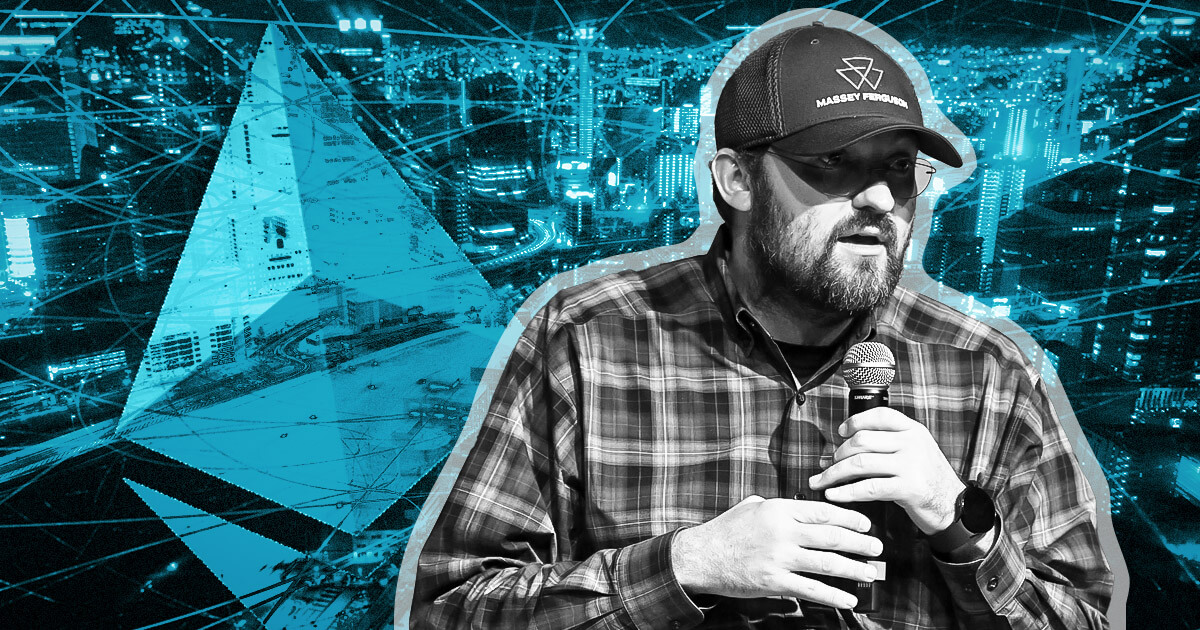Cardano founder and Ethereum co-creator Charles Hoskinson criticized Vitalik Buterin. Twitter On November 25, Cardano (ADA)’s staking innovation was not recognized.
Hoskinson’s comments follow a recent interview in which Buterin discussed the Ethereum roadmap and proposed redesigning the Ethereum (ETH) staking system to address issues related to centralization.
In the interview, Buterin discussed potentially adopting a UTxO approach that relies on unspent transactions to solve these problems. This model differs from Ethereum’s current account-based system and is used in some blockchains such as Bitcoin and Cardano.
The cryptocurrency community was quick to point out that this solution is similar to the approach Cardano took with its staking system. Hoskinson’s response to Buterin’s suggestion was particularly cynical, as he wrote:
“Do not worry. Everything will be solved in Ethereum 3.”
This is not the first time Hoskinson has criticized Ethereum’s staking system, having previously pointed out its inconveniences and similarities to features already implemented in Cardano’s ADA staking. His tweet highlighted the delays in Ethereum’s development and adaptation.
Hoskinson added that the tweet was not an attempt to “inflame hostilities” but rather an expression of his confusion. He said:
“I am really disappointed that Cardano can never be mentioned as an innovative ecosystem by Team E. V is rediscovering something we’ve been working on for almost 10 years, and it’s like a revelation.”
Buterin’s interview
Buterin was interviewed by DeFi and NFT platform Defiant in Turkey on November 24, and most of the conversation was about Ethereum’s roadmap.
Buterin addressed the pressing issue of staking centralization. He emphasized that Ethereum’s staking mechanism needs to be redesigned to enhance decentralization by promoting healthier mining and staking pools.
This initiative is a response to the challenges posed by slow-moving data availability in off-chain systems due to high short- and medium-term demand.
The Ethereum founder also discussed a major Ethereum upgrade known as EIP 4844, or Danksharding. Buterin explained that the goal of this upgrade is to increase data map space to 16 MB per slot.
Key tasks after upgrading include setting the appropriate parameters and properties for the system. These improvements are part of Ethereum’s ongoing evolution to address scalability and efficiency.
Buterin also suggested the potential use of a voting system to manage future changes to Ethereum, suggesting that a hard fork may not be necessary. This idea represents a shift toward a more democratic and less disruptive process for implementing significant changes to the network.
The Dencun upgrade, a key part of this roadmap, is scheduled for release in early 2024. The upgrade is expected to be an important step in Ethereum’s journey as it focuses on improving scalability, efficiency, and decentralization.

